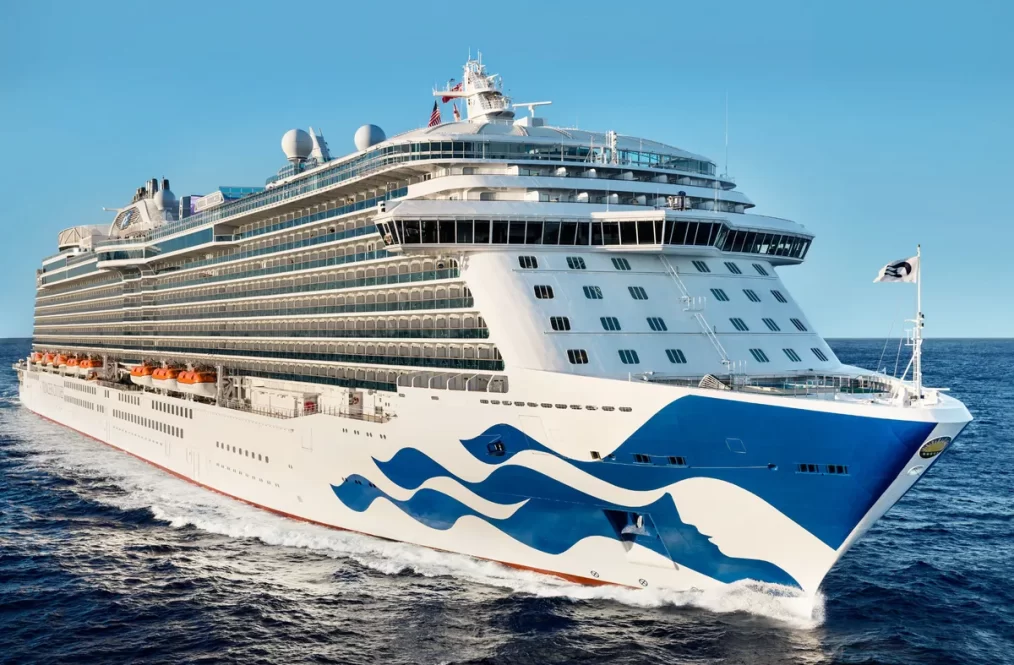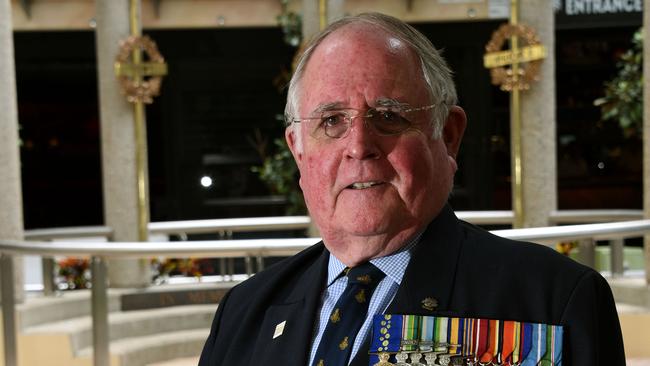ED: This from a member who served with the 173d Airborne Brigade and lives in Washington DC.
Trump’s triumphant victories on Super Tuesday underscored his unwavering support and momentum as he charges toward securing the Republican nomination for the 2024 US presidential race. While Joe Biden celebrated his own wins, it’s evident that Trump’s appeal continues to resonate strongly with voters across the nation.
For those unfamiliar with the intricacies of American politics, Super Tuesday holds immense significance as it marks a pivotal moment in the primary process. With a substantial portion of delegates up for grabs, candidates vie for support in numerous states and territories, setting the stage for the ultimate showdown in the general election.
Trump’s commanding performance on Super Tuesday dealt a significant blow to his opponents, particularly Nikki Haley, who found herself unable to compete with the overwhelming support for the former president. Despite Haley’s spirited campaign, her bid to challenge Trump for the GOP nomination ultimately fell short, prompting her to graciously withdraw from the race and acknowledge Trump’s dominance.
In his post-Super Tuesday address, Trump wasted no time in highlighting the failures of the Biden administration, positioning himself as the solution to the country’s pressing challenges. From addressing the crisis at the Southern border to advocating for energy independence, Trump’s rhetoric struck a chord with supporters who yearn for decisive leadership and a return to America’s prosperity under his stewardship.
Indeed, as the 2024 presidential race intensifies, Trump’s resilience and unwavering commitment to his America First agenda remain a force to be reckoned with. With the general election looming, the battle lines are drawn, and Trump stands poised to once again defy the odds and emerge victorious for the American people.











